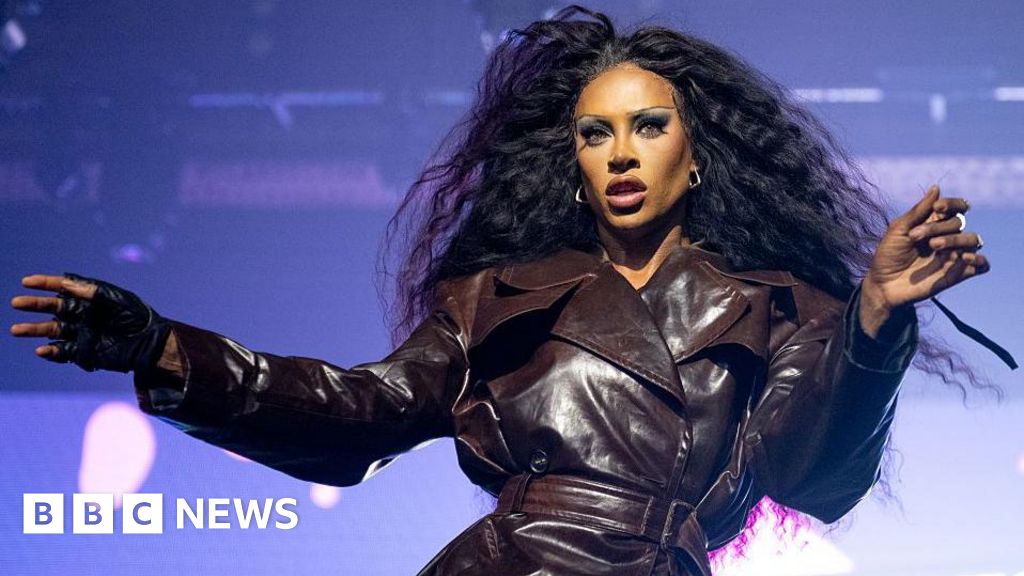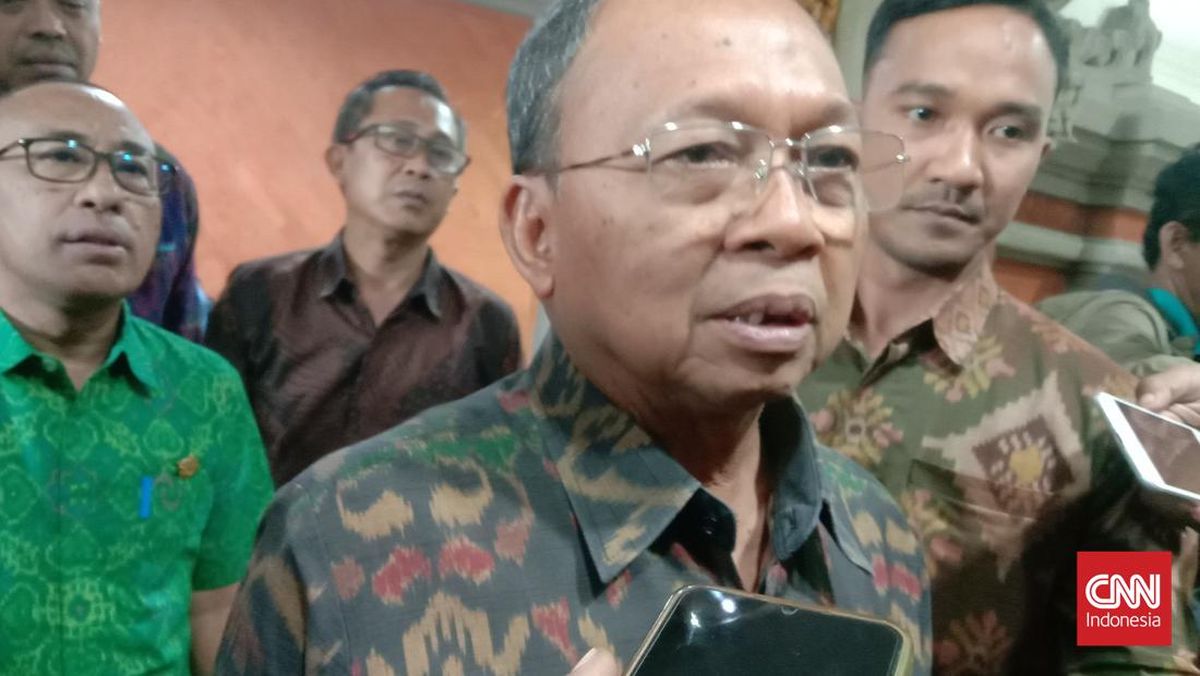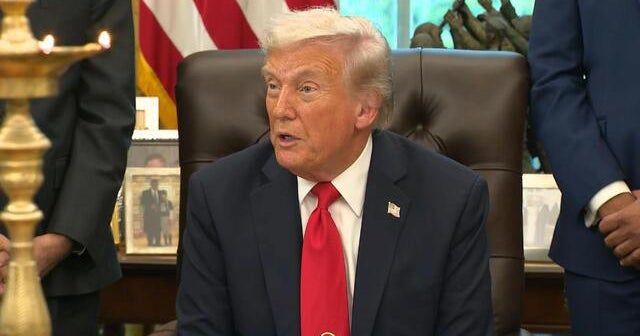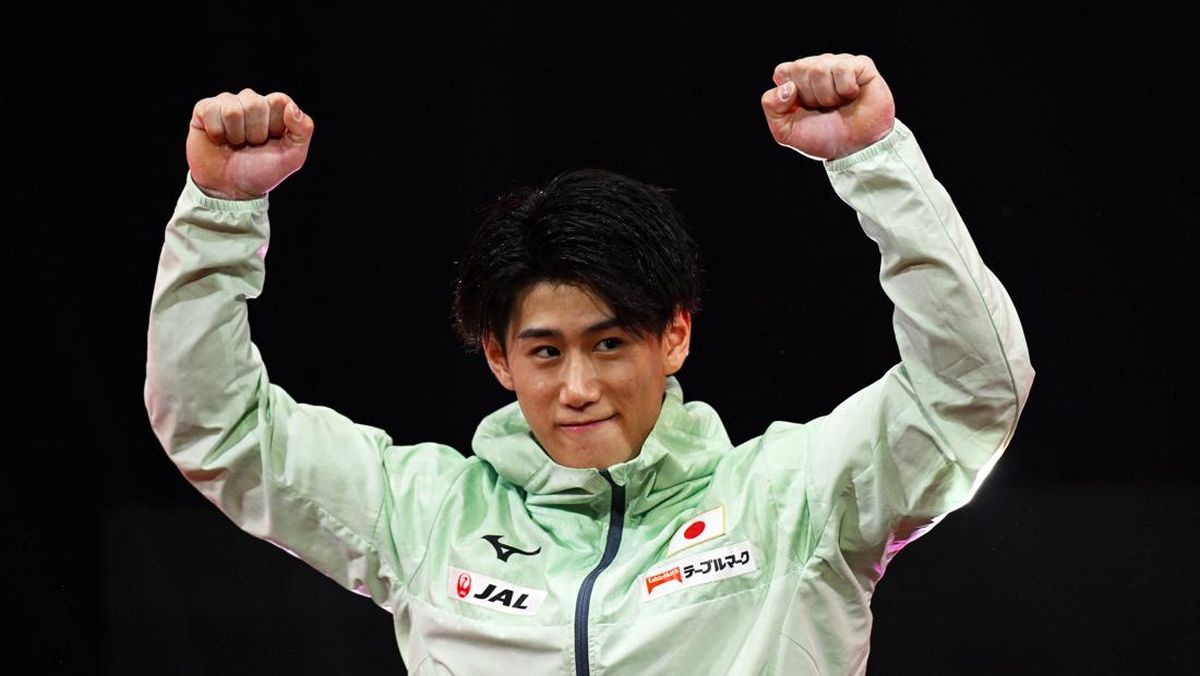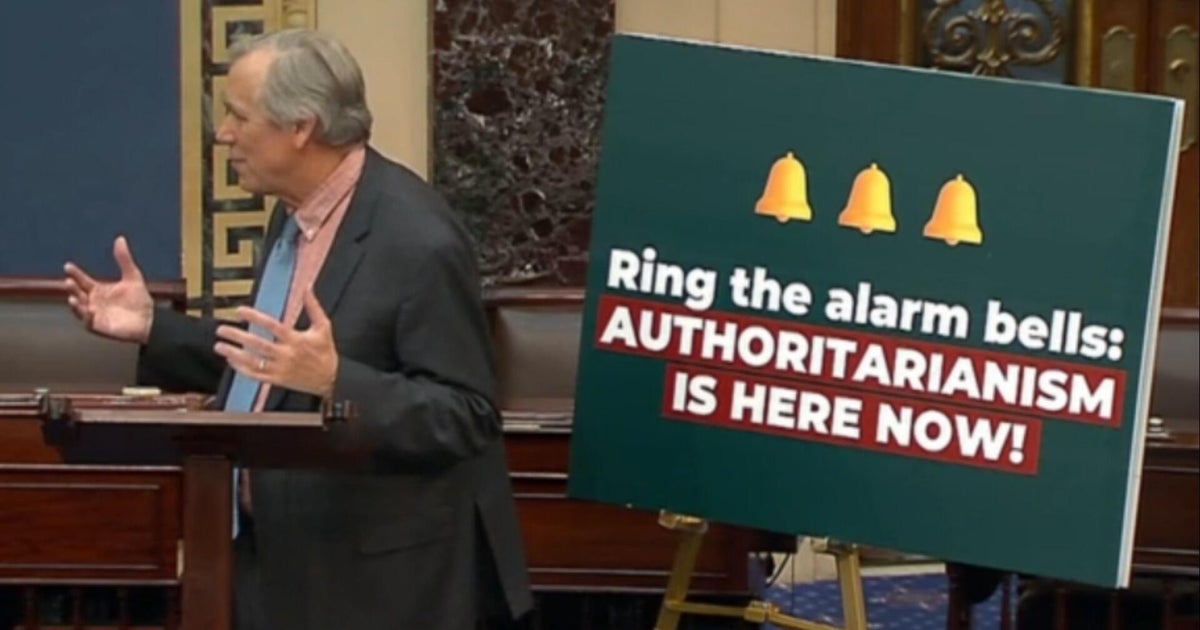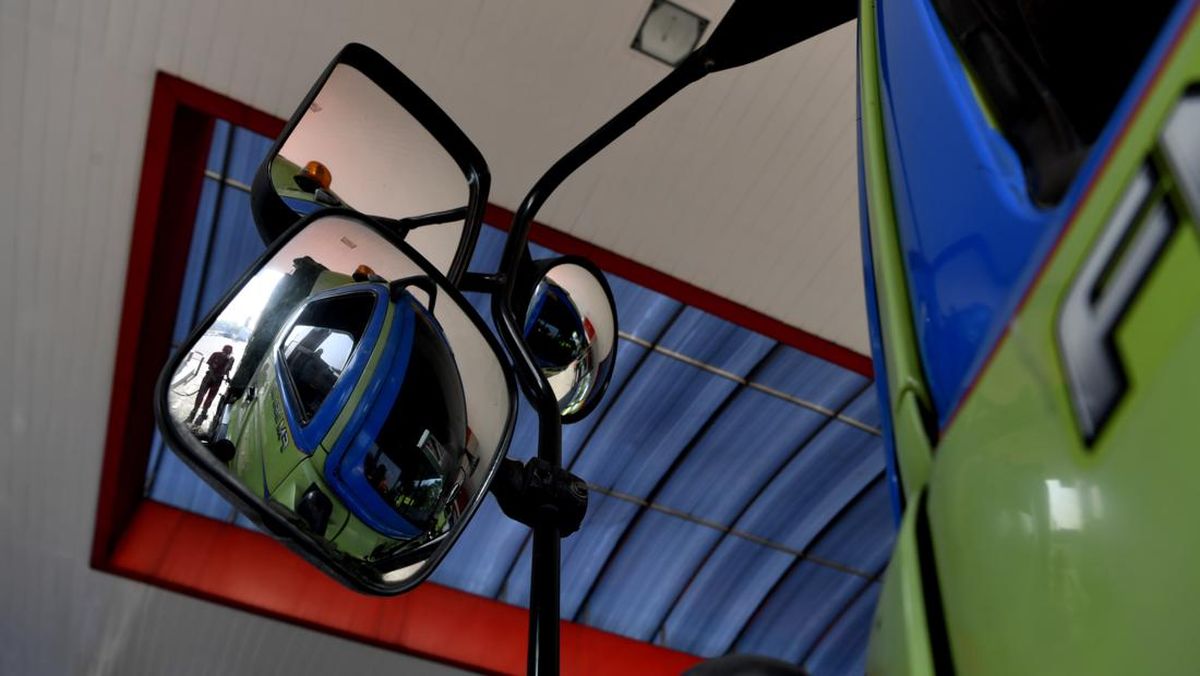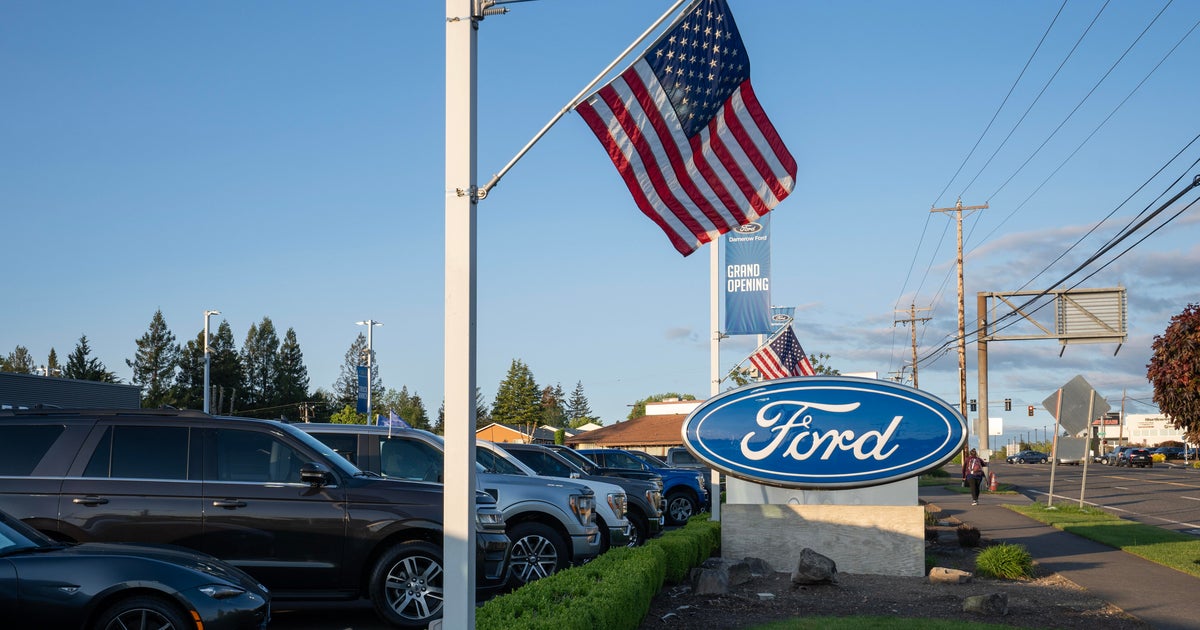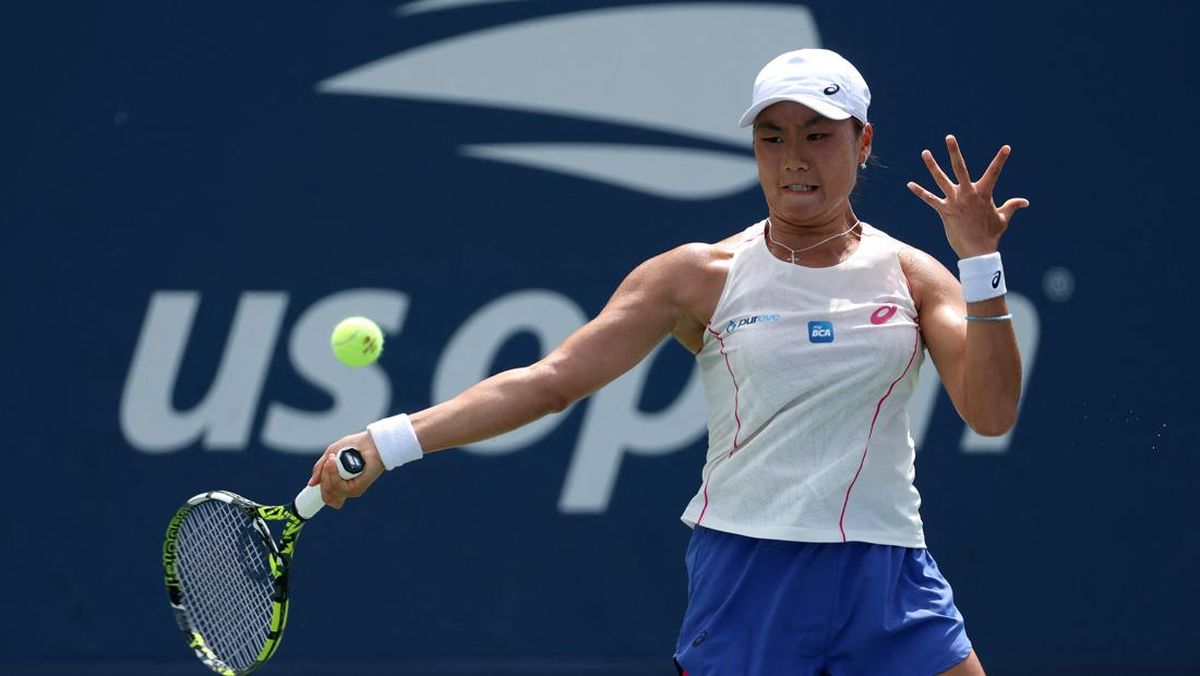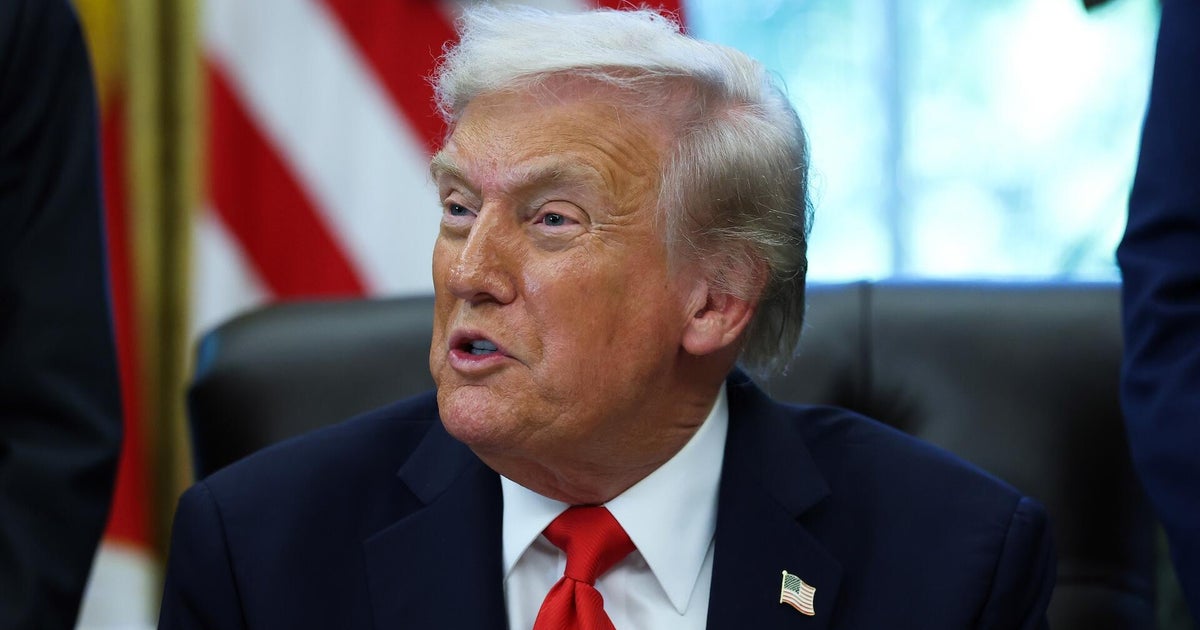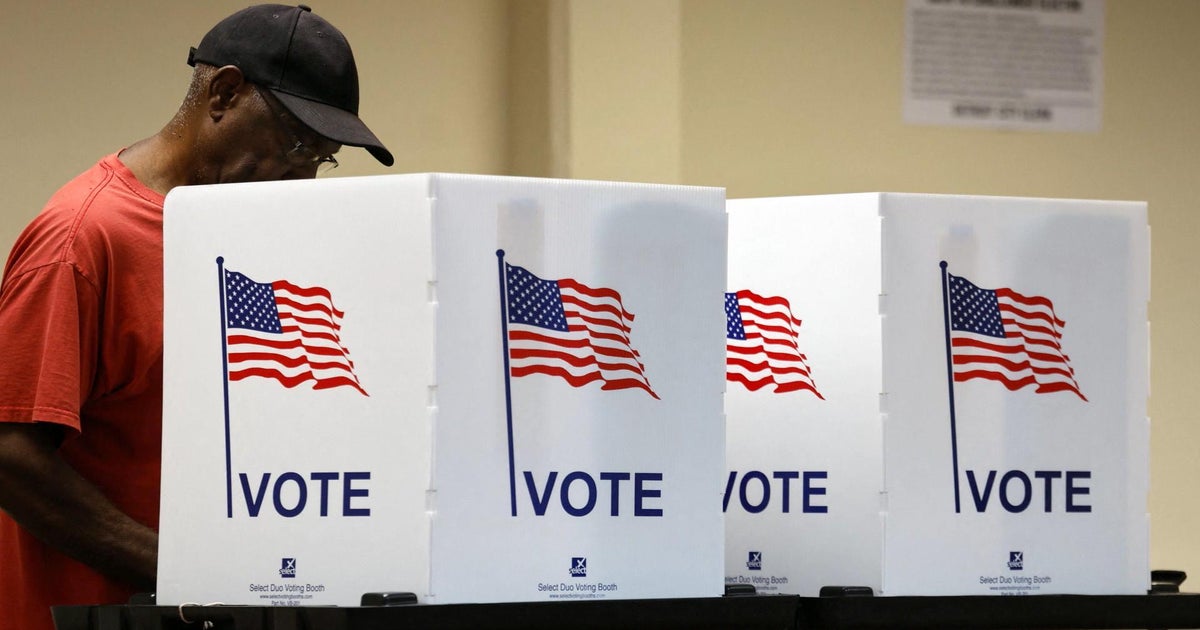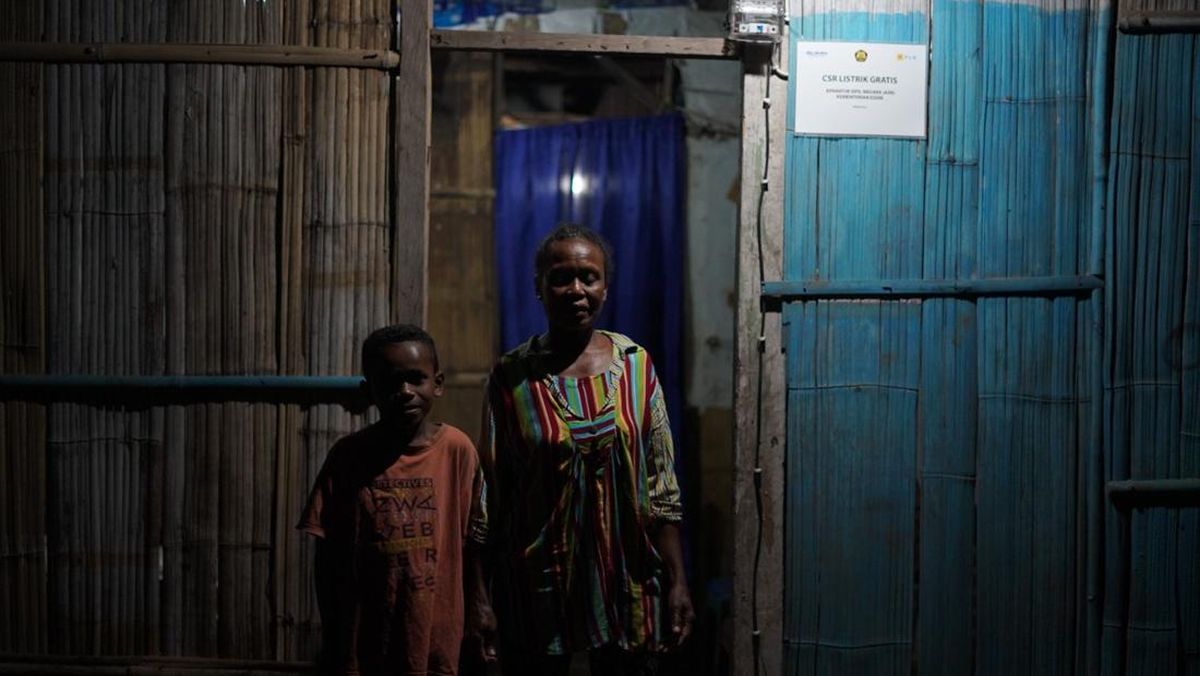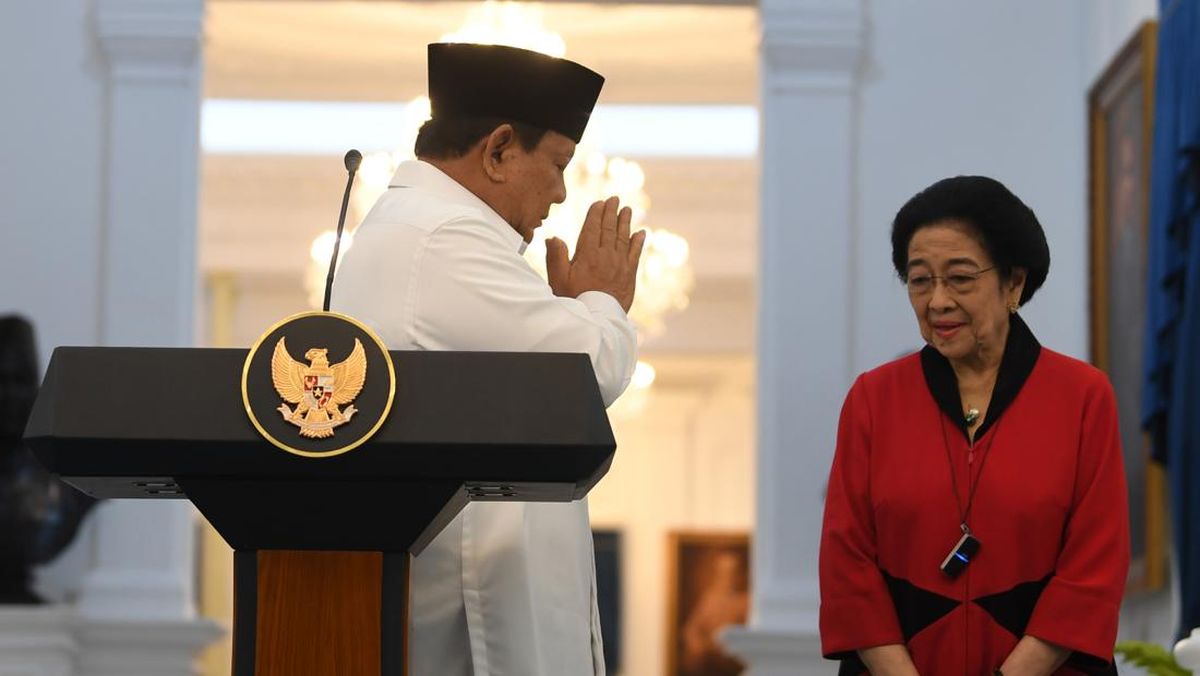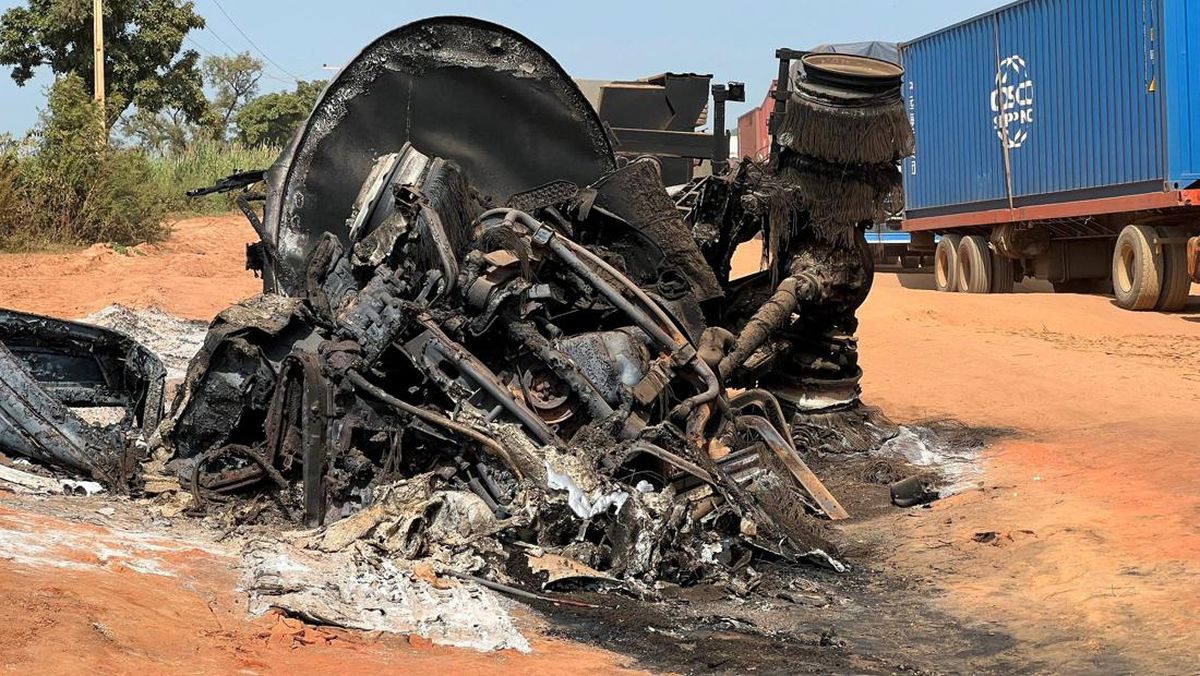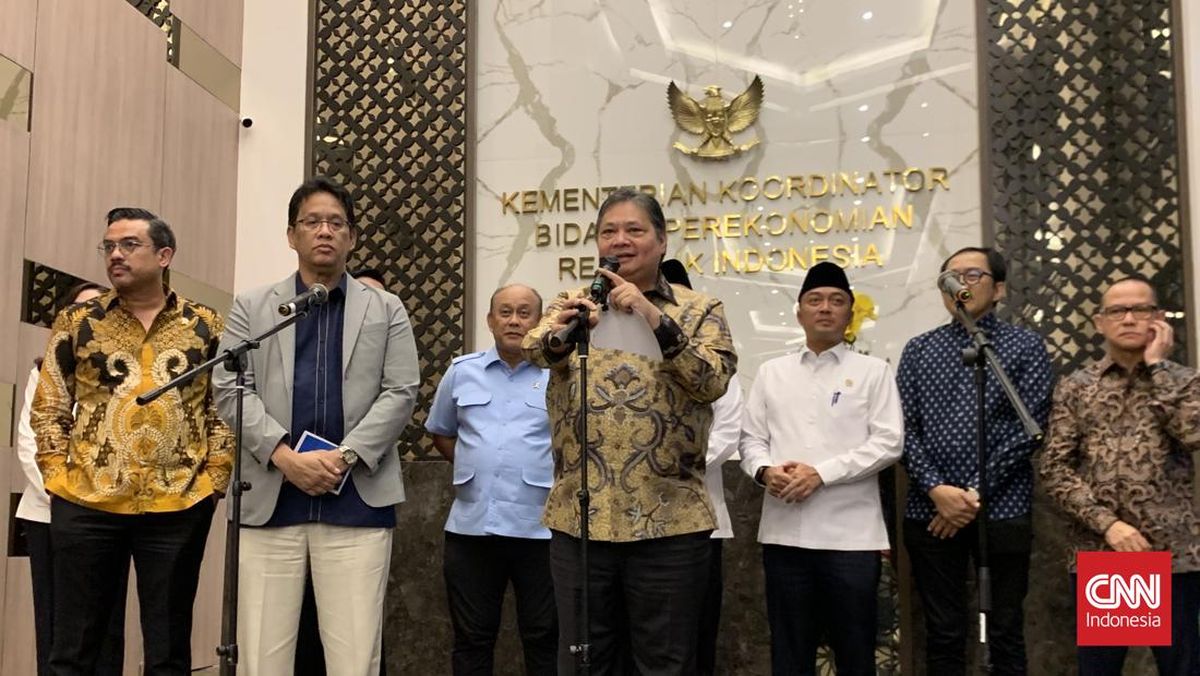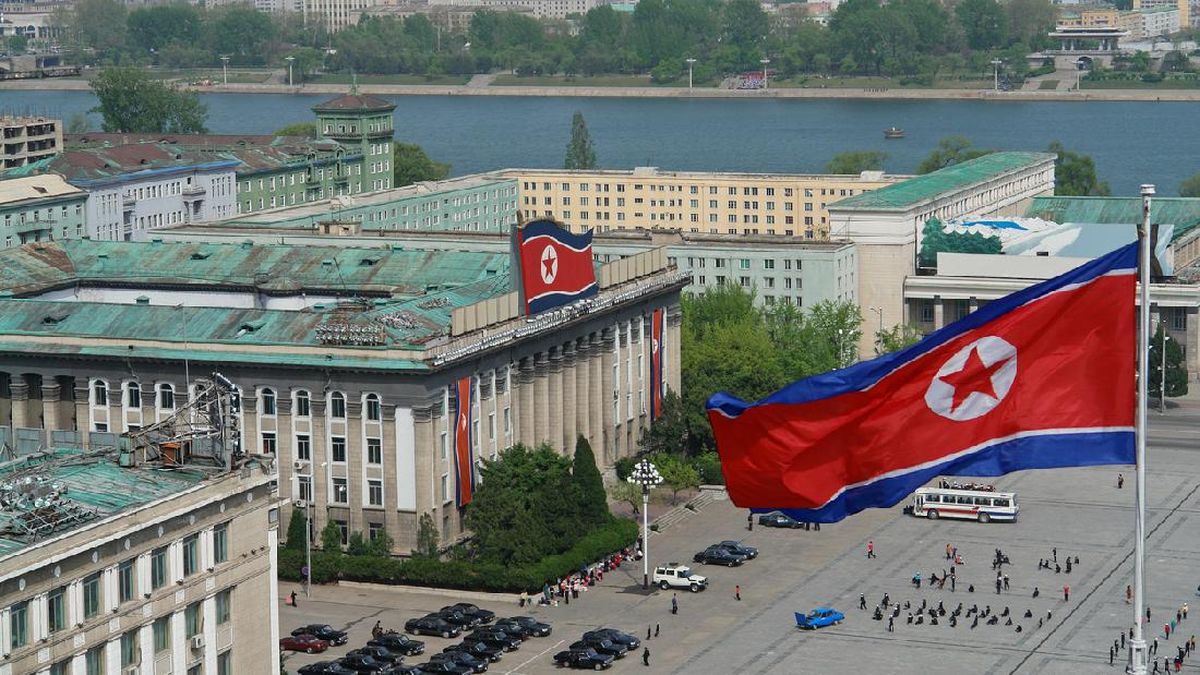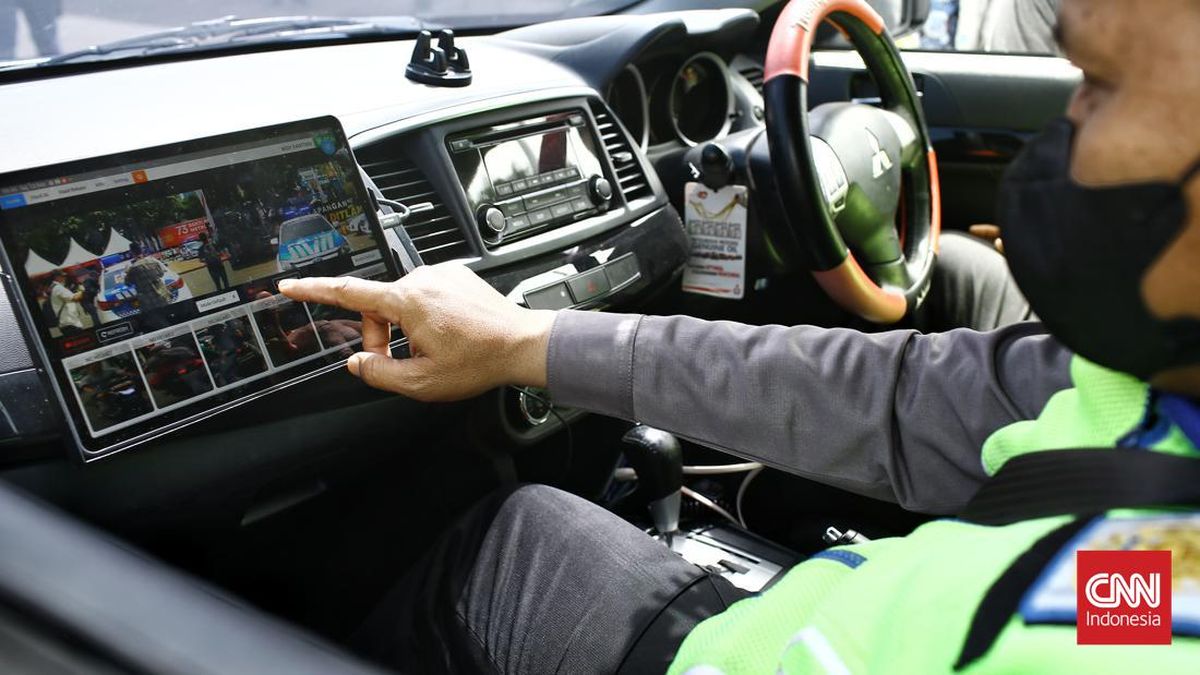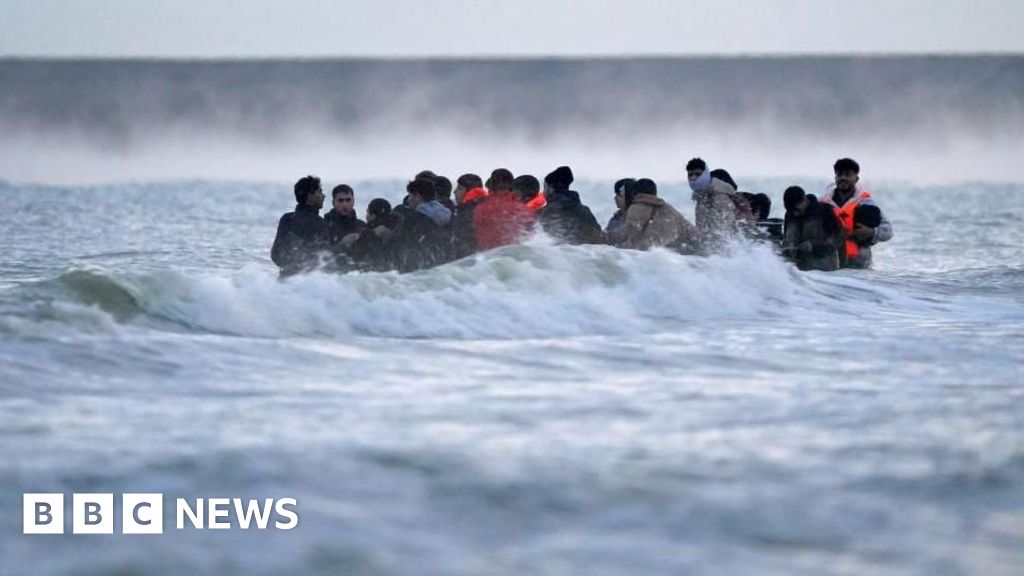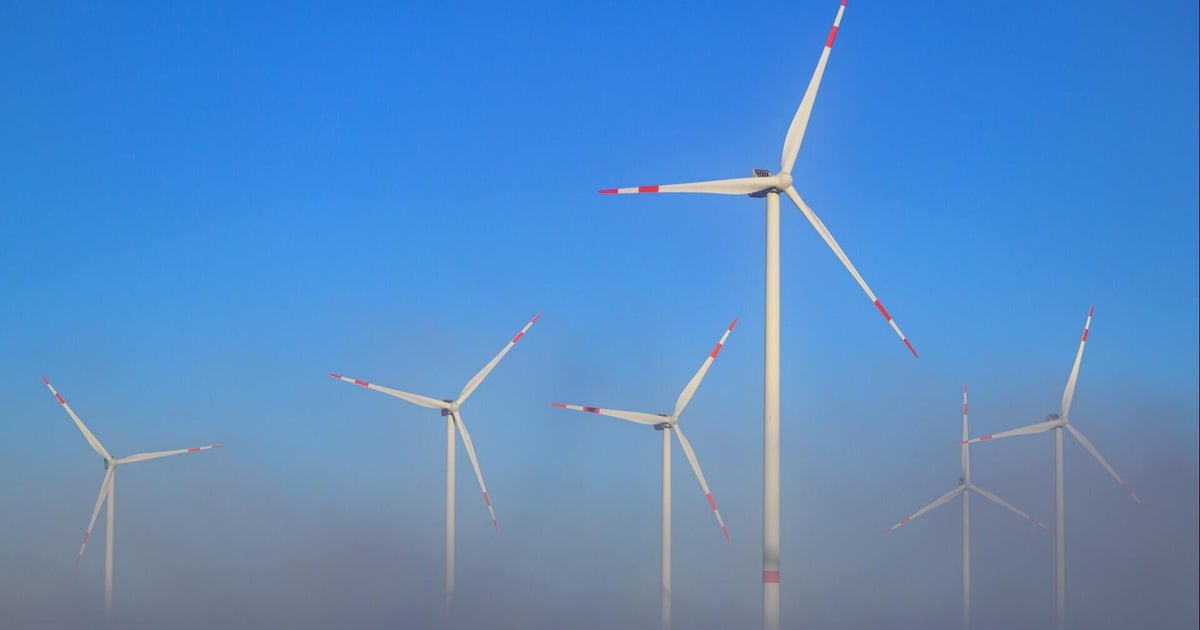Beijing attacks defence ‘confrontation’ but shrugs off Albanese’s rare earths deal
Singapore: China has denounced Australia’s involvement in “camp confrontation” after US President Trump declared the AUKUS submarine deal was moving ahead at full steam, but has remained muted in its public response to Prime Minister Albanese’s rare earths deal with the US.
In his first bilateral meeting with Trump this week, Albanese cinched a $13 billion critical minerals mining and processing deal designed to mitigate China’s stranglehold on the rare earths supply chain. Australia has wielded the deal as a key bargaining tool in ongoing trade negotiations with the US.

Beijing has so far steered clear of denouncing the rare earths deal cinched between Anthony Albanese and Donald Trump this week. Credit: AP
Trade tensions between the US and China have flared again after Beijing announced sweeping new curbs on its own rare earths exports this month, in an apparent response to the US’s move to add more Chinese companies to a trade blacklist. This prompted Trump to threaten to reimpose 100 per cent tariffs on Chinese goods, a move he has since walked back from.
China has a monopoly on the global production of rare earth materials, which are commonly found in the earth’s crust but difficult to process and are essential in the manufacturing of many high-tech products across industries ranging from energy to defence to the medical sector.
But China experts say Beijing is unlikely to be too troubled by the Australian deal, seeing it as a long way off posing any challenge to China’s control of more than 90 per cent of the world’s refining and processing of rare earths.
“We are paying attention to that [deal], but we don’t worry too much because, frankly speaking, rare earth supply is not a matter of mining, but a matter of processing,” said Fudan University dean of international studies Wu Xinbo, who also advises China’s foreign affairs ministry.
“It’s about whether you have the capacity to process the rare earth materials that you have mined, and I guess it will take a long time for other countries, Australia and the US included, to develop this kind of capacity.”
The Australian deal comes as US and Chinese officials head into another round of trade talks in Malaysia this weekend which are expected to pave the way for a meeting between Trump and Chinese President Xi Jinping on the sidelines of the APEC summit in South Korea next week.
Loading
While Australian officials might have been braced for a more vehement backlash from the Chinese side, Beijing has limited its public comments via its foreign affairs ministry spokesman to saying countries with key mineral resources “should play an active role in ensuring the security and stability of industrial and supply chains”.
When it comes to AUKUS, the Chinese side has long expressed its dissatisfaction with what it sees as a new Cold War-style “bloc confrontation”, a line it repeated this week after Trump gave his full endorsement to the submarine pact.

The USS North Dakota, a Virginia-class submarine of the type Australia would acquire under the AUKUS deal.
“We consistently oppose the creation of camp confrontation, the increase in the risk of nuclear proliferation, and the intensification of the arms race,” Chinese foreign ministry spokesman Guo Jiakun said.
The Lowy Institute’s Richard McGregor said China’s response so far to the rare earths deal had been mild, but this could change, especially if Beijing felt it was unfairly locked out of foreign investment in the development of Australia’s rare earths mining sector.
“It’s not as though there’s a problem of rare earths supply for China; they’re rolling in it. So anything we do does not affect their national security one little bit,” McGregor said.
“The issue that the Chinese will zero in on is whether investment in Australia is limited or whether there’s any discrimination in approving investment in Australia. In other words, whether US investment is favoured over Chinese investment.”

Donald Trump and Xi Jinping meet in Japan in 2019.Credit: AP
McGregor cautioned that Beijing could still be absorbing the details of agreement and intensify its disapproval later.
Trump talked up the prospect of making a “good deal” with Xi on the sidelines of APEC on Tuesday (US time), while at the same time suggesting the meeting might not materialise.
Loading
“I want him to make a good deal for China – but it’s got to be fair,” Trump said.
“Maybe it won’t happen. Things can happen where, for instance, maybe somebody will say, ‘I don’t want to meet, it’s too nasty.’ But it’s really not nasty. It’s just business.”
Get a note directly from our foreign correspondents on what’s making headlines around the world. Sign up for our weekly What in the World newsletter.
Most Viewed in World
Loading

